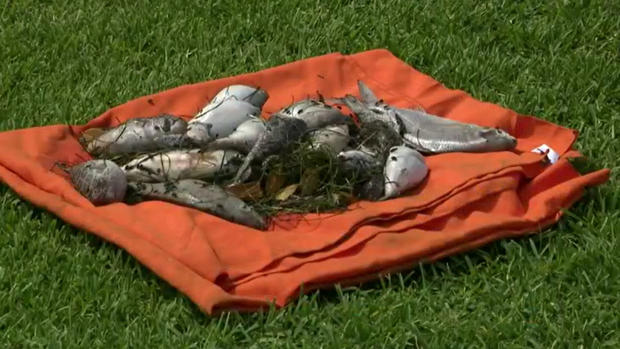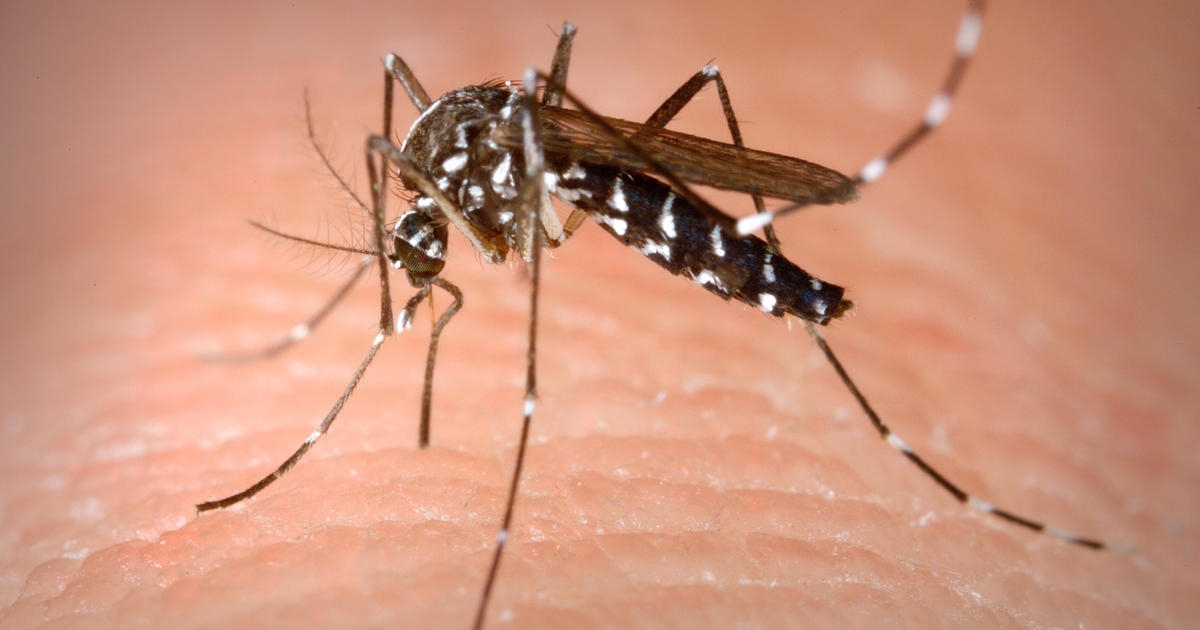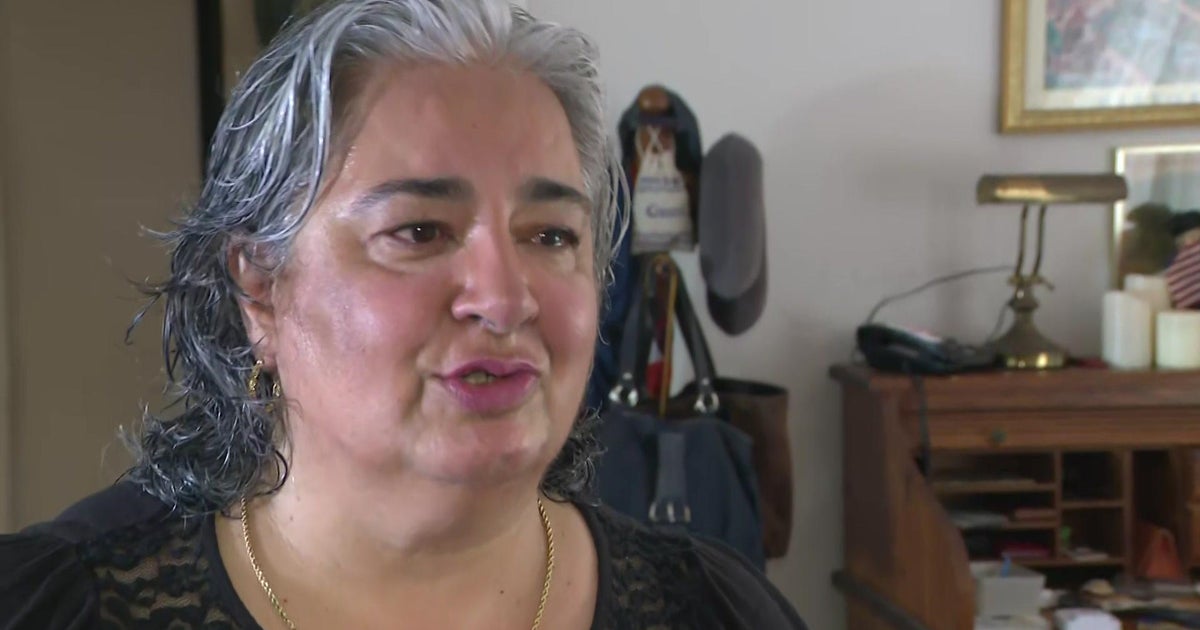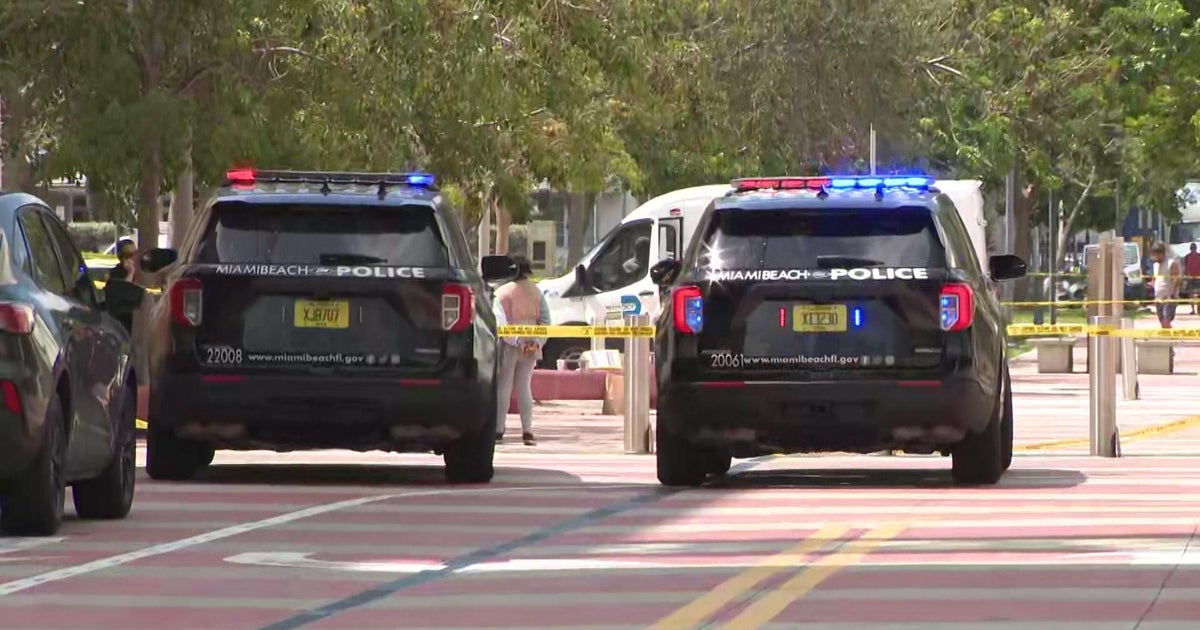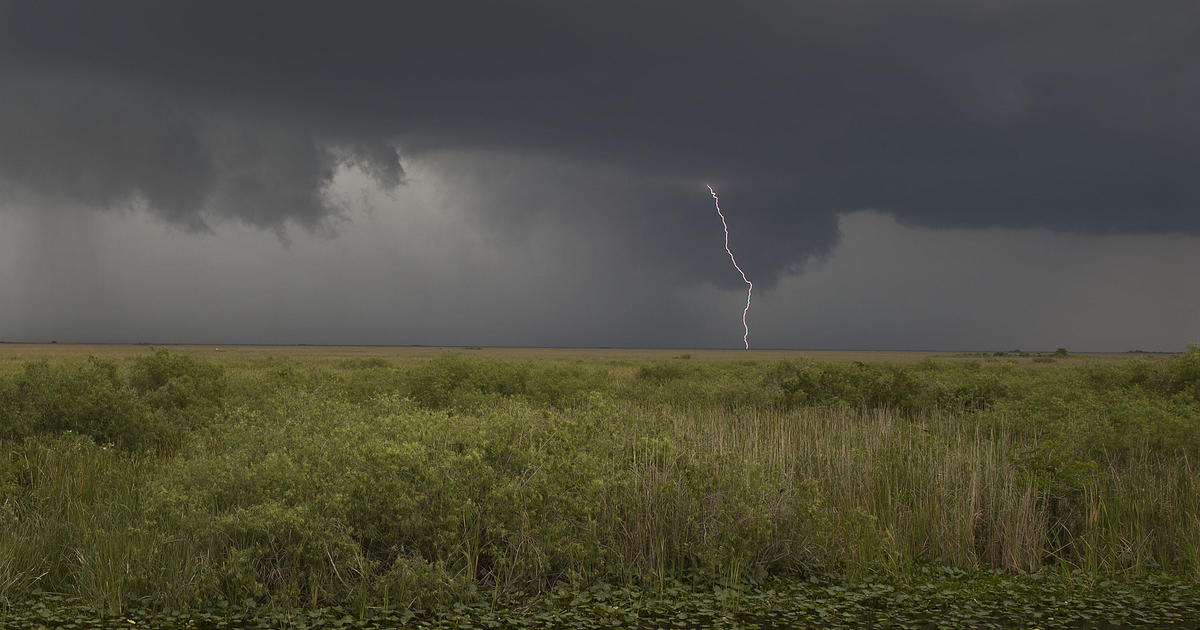'This Is An Urgent Emergency': Miami Commissioner Ken Russell Calls On Volunteers To Help With Biscayne Bay Fish Kill
MIAMI (CBSMiami) – Crews and volunteers worked Sunday to clean up the dead fish that continue to brush up along the shoreline of Biscayne Bay. Water experts say is happening due to the lack of oxygen.
"This is an urgent emergency. This is nature telling us right now that we have to act immediately," said Miami Commissioner Ken Russell.
As the Division of Environmental Resources Management continues to investigate the recent fish kill, PortMiami has partnered with Miami Waterkeeper to oxygenate the bay.
Sunday morning, the city of Miami also deployed emergency pumps into the water.
"In this moment, like a band, we are trying to add oxygen into the water," Russell said. "So we have converted all of our storm water pumps into aerators, so they are pushing water from the bay back into the bay and turning it to create oxygen, but it's just a short term fix."
Russell is calling on more people to step up and help with cleaning up the shoreline.
See, the longer the dead marine life stay brushing up against the shore, the more bacterial growth. That bacteria then eats up more oxygen.
The city, along with water agencies, has placed bins at the following parks: Margaret Pace Park, Morningside Park and Albert Pallot Park.
"If you live near the beach or at a park, please gather them safety and bring them to one of these parks and you can put them in these blue containers," Russell said.
Dr. Rachel Silverstein is the executive director of advocacy group Miami Waterkeeper.
She said there has to be a long term solution to protect Biscayne Bay.
"We've been seeing the warning signs for years," Silverstein said.
Besides the heat causing the lack of oxygen in the water, animals are struggling to for air as a result of our water pollution.
Silverstein says we must permanently be fixing sewage leaks and avoid using fertilizer, especially in the rainy summer months.
"Here we are. Not enough has been done and clearly because we are reaching conditions where the bay is no longer supporting life," Silverstein said.
